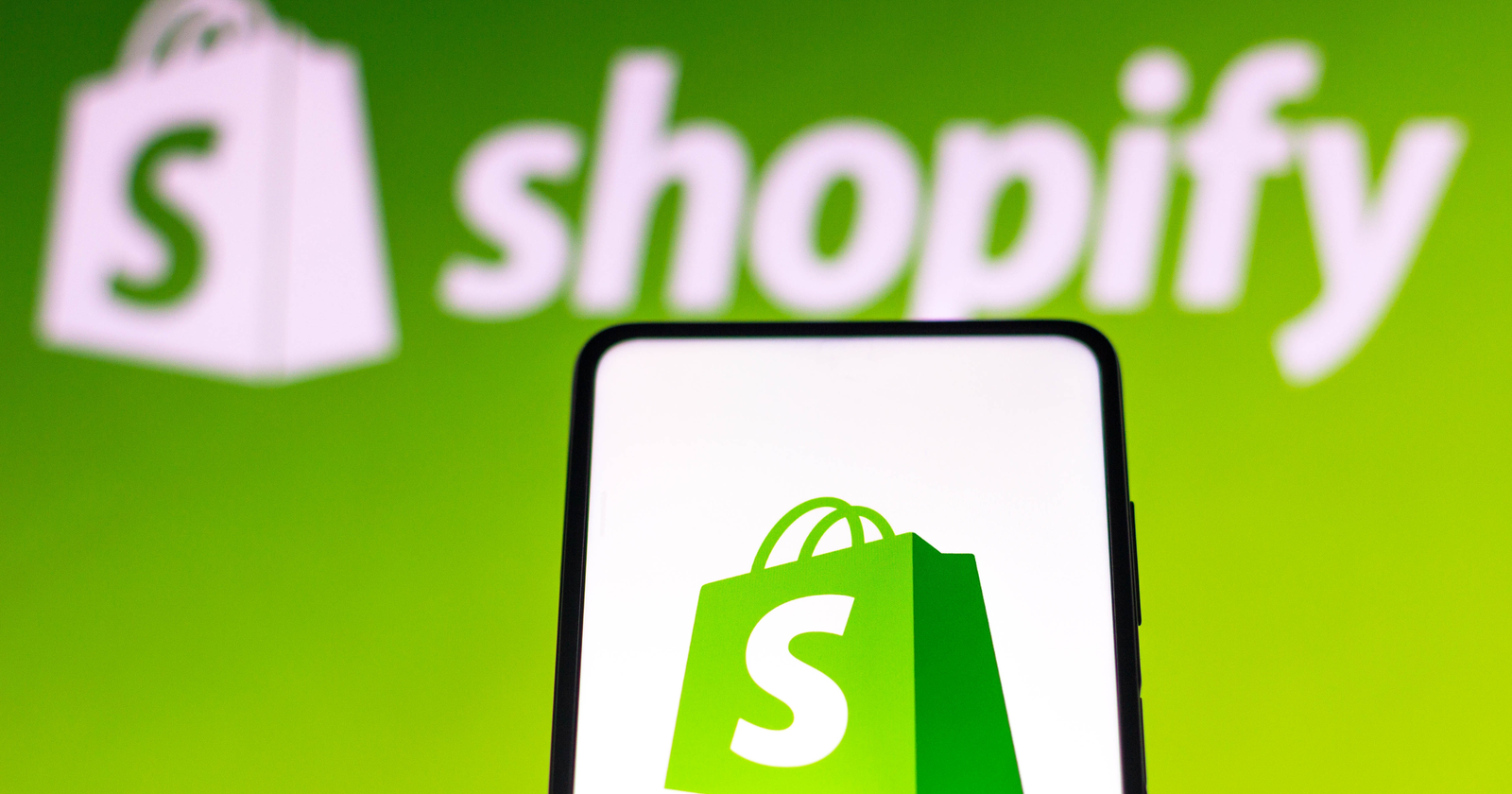Shopify vs BigCommerce – Which is the Better Option in 2022
Are you looking to launch your online store to reach a wider audience and increase conversion rates? Then you must build an interactive online store for your business that offers your users the next-level shopping experience. But, it is...

Are you looking to launch your online store to reach a wider audience and increase conversion rates? Then you must build an interactive online store for your business that offers your users the next-level shopping experience.
But, it is important to choose the right platform that helps to meet your project’s needs.
There is a wide range of platforms available in the market to build e-commerce based websites. In 2022, among them, Shopify and Big Commerce are the leading ones.
Shopify and BigCommerce are both popular e-commerce platforms, and they offer distinctive features to meet specific business requirements. Shopify has been around for a long time but BigCommerce has also grabbed the attention of a large user base recently.
There are some pros and cons to each, depending on your business size, budget, and business goals, it’s important to consider all the options before making your decision.
Continue reading to help you to decide which platform will be better suited to your needs and preferences.
So, let’s start with Shopify.
What is Shopify?
Shopify is a Canadian cloud-based e-commerce platform that allows merchants to set up their own online store, including design and functionality.
Shopify is a complete eCommerce solution that offers everything a business needs to launch a thriving online store. Everything from setting up your website and payment processing to keeping track of inventory and managing orders can be done through Shopify’s intuitive platform.
“ As of September 2021, Shopify was the biggest name in the U.S. e-commerce software market, used by roughly 29 percent of websites that use e-commerce technologies. The market’s other major competitors include Wix Stores, WooCommerce Checkout, and Squarespace Add to Cart, each of which boasts a market share of at least 11 percent.”
Now let’s see, what is BigCommerce.
What is Big Commerce?
Bigcommerce, a multi-channel e-commerce platform, that helps small and medium businesses to create and manage an online store. Merchants can sell on Facebook, Instagram, and Google Shopping, as well as on their websites using e-commerce software that integrates with social media.
It offers tax automation, shopping cart integrations with payment gateways like PayPal and Stripe, SEO tools to increase site traffic, SSL encryption to ensure credit card details to keep secure; one of its most notable features is the ability to host multiple stores through one account.
Benefits of Shopify
Easy to set up
One of Shopify’s core values is to make commerce better for everyone. They’ve taken that mission to heart, providing their merchants with a platform that is easy to set up and easy to use.
Moreover, the intuitive drag-and-drop editor allows you to easily create your site just how you want it, without requiring any previous knowledge of coding or design. Customize your site using one of more than 1 million free templates or create your own from scratch.
Secure
Shopify is known for being secure. Its security protocols are some of its biggest selling points, with end-to-end encryption and Secure Socket Layer (SSL) certificates. The platform uses Stripe and Paypal to help you accept credit card payments, which means Shopify is PCI compliant right out of the box. This makes it easy to create a safe checkout environment that gives customers peace of mind.
Moreover, the platform also comes with all kinds of security features that help keep your store safe from common attacks. Shopify uses 128-bit SSL encryption on all your customer pages (e.g., checkout and account) and credit card information travels over an encrypted connection. By locking down your passwords, Shopify keeps intruders out.
Powerful Marketing Tools
Shopify includes a number of e-commerce marketing tools that ensure you reach potential and existing customers. These powerful, free features let you run promotions on social media, collect customer data, and more.
Mobile Responsive
Shopify customers get a mobile responsive theme by default. This mobile responsive feature allows online shoppers to purchase products and browse your product catalog on their mobile devices without losing access to your Shopify store’s content or product options. It also includes a suite of features that can optimize your mobile experience and help you offer better customer support.
Benefits of BigCommerce
Payment Gateways
BigCommerce offers a variety of payment gateways for accepting credit card payments, bank transfers, and cash. Whether you choose PayPal, Stripe, or Braintree—if your customers have a way to pay you through these platforms then there’s no need to develop an entirely new one. The added benefit? If a customer has previously bought from your BigCommerce store they’ll be able to checkout using their payment method of choice without needing to enter their details again.
Third-Party Themes
BigCommerce offers an extensive range of designing functionalities. It comes with native support for more than 100 customizable third-party themes, which means you can find free or paid themes easily. This makes the designing process far simple to and helps to launch a professional-looking site without spending hours tinkering with code and annoying bugs.
Highly Customizable
Big Commerce offers a high level of customization with user accounts, as well as different support packages for varying store sizes. These features mean that smaller businesses are also able to get a great level of service from a platform that otherwise caters to more established enterprises.
Detailed Differences Between Shopify and BigCommerce
User Interface/DesignBoth Shopify and BigCommerce provide e-commerce solutions, but when it comes to user interface and design, there are key differences. For example, Shopify provides a number of great features for customizing your store’s look and feel as well as great features for SEO. It also has a wide range of themes available, so you can get something that matches your brand right out of the box.
There are also flexible widgets that help make customization easy. As such, if you need a smooth shopping experience or extra security features or just want to get things set up quickly, then Shopify is probably better suited than big commerce. If on other hand, you want more flexibility and options regarding how your storefront looks (for lower monthly fees), then BigCommerce may be more appealing.
So in UI/UX Shopify is the winner.
SecurityShopify and BigCommerce are similar in that they’re both eCommerce platforms. When it comes to security, however, Shopify actually trumps BigCommerce. Security is one of Shopify’s primary selling points, which means users can trust that their data won’t be compromised (all your information is encrypted when stored on Shopify). BigCommerce doesn’t provide adequate security features and doesn’t have very many options for storing user data.
In Security terms, Shopify again wins the race
ScalabilityBigCommerce’s features are more scalable, BigCommerce has very strong, easy-to-use features. Shopify’s features aren’t as robust or comprehensive. However, users find Shopify easier to use than BigCommerce.
For Scalability BigCommerce is better than Shopify.
Variety of ThemesBoth eCommerce platforms allow you to easily create a stunning storefront, but it’s also worth taking a look at what types of themes are available for each one. Shopify features over 750 professionally designed themes and BigCommerce has about 100. Both offer template builders for those looking to create their own design. It’s fair to say that you have more choice when it comes to selecting a theme on Shopify.
Shopify offers better themes as compared to BigCommerce.
Ease of useOne of the major differences between Shopify and BigCommerce involves simplicity. Although both e-commerce platforms allow you to set up a storefront and list products on it, their users say that it’s easier to use Shopify when starting out.
That’s because many more videos are available to help guide newbies through various settings, while some settings on BigCommerce can be confusing or not readily apparent (for example, links in SEO settings).
Hence, Shopify is easy to use.
IntegrationThere are over 125+ apps that integrate seamlessly with the Shopify platform. This means you can customize your website’s functionality without needing any experience in coding. BigCommerce doesn’t offer many integrations, but they do have a partnership with Paypal. Overall, these platforms offer an excellent variety of integrations at a competitive price
Shopify offers better integration as compared to BigCommerce.
Conclusion
Choosing between Shopify and BigCommerce can be a difficult task. Although they both are leading eCommerce solutions, they have different features that set them apart. In order to leverage all the benefits of these platforms, it is important to know the major differences or hire e-commerce developer for your project.
Moreover, Shopify offers a variety of themes, more secure, and high customized, whereas BigCommerce is scalable. If you’re considering using either one of these platforms, it’s a good idea to start off by comparing their features side by side so you can figure out which one best fits your business needs.

 JimMin
JimMin 





























